Finding Solutions to Homelessness With Those Who Have Experienced It
It’s easy to say that we must enlist voices of those closest to any problem for solutions—but how often are those voices heard? As Seattle and King County continue to grapple with its homelessness crisis, it appears to be listening to the King County-based Lived Experience Coalition (LEC), a group formed to ensure it had a seat at tables where solutions to the crisis were being discussed.
Launched in 2018, LEC is a diverse, multigenerational community of people who, like their name, have had lived experiences in homelessness, victimization, emotional or physical violence or mistreatment in the criminal justice system. They have coalesced to support and heal one another, advocate for solutions centered by their voices and input, and advance racial and social justice.
Here are the ways LEC ensures it makes an impact in policy affecting those experiencing such issues: It appoints representatives to the King County Regional Homelessness Authority’s Implementation Board and Governing Committee and is a partner in KCRHA’s efforts to end homelessness. LEC works with stakeholders and lawmakers to develop equitable solutions to the crisis while creating systems that share power with BIPOC and LGBTQ+ communities as well as communities with disabilities.
“Part of our mission statement is that we lift each other up to lift others up,” said Harold Odom, LEC director of policy and community outreach. “We couldn’t find an agency that was Black- and Brown- run, and the reason is that there aren’t any that work on homelessness issues. That’s addiction, mental health, violence—these issues are not indicative to homelessness, they are indicative to people becoming homeless. People have addictions in the home. They have mental issues in the home. They had violence issues in the home. We see that played so vividly in COVID. We want to get people back into housing so they can get those issues taken care of.”
United Way of King County’s involvement in LEC has come as we’ve supported the work of KCRHA. “The coalition has a relationship with the Regional Homelessness Authority that is growing. As United Way and others have decided to align our homelessness work with the Regional Homelessness Authority it was a natural point of entry,” said Wayne L. Wilson, United Way of King County community impact manager, homelessness and housing.
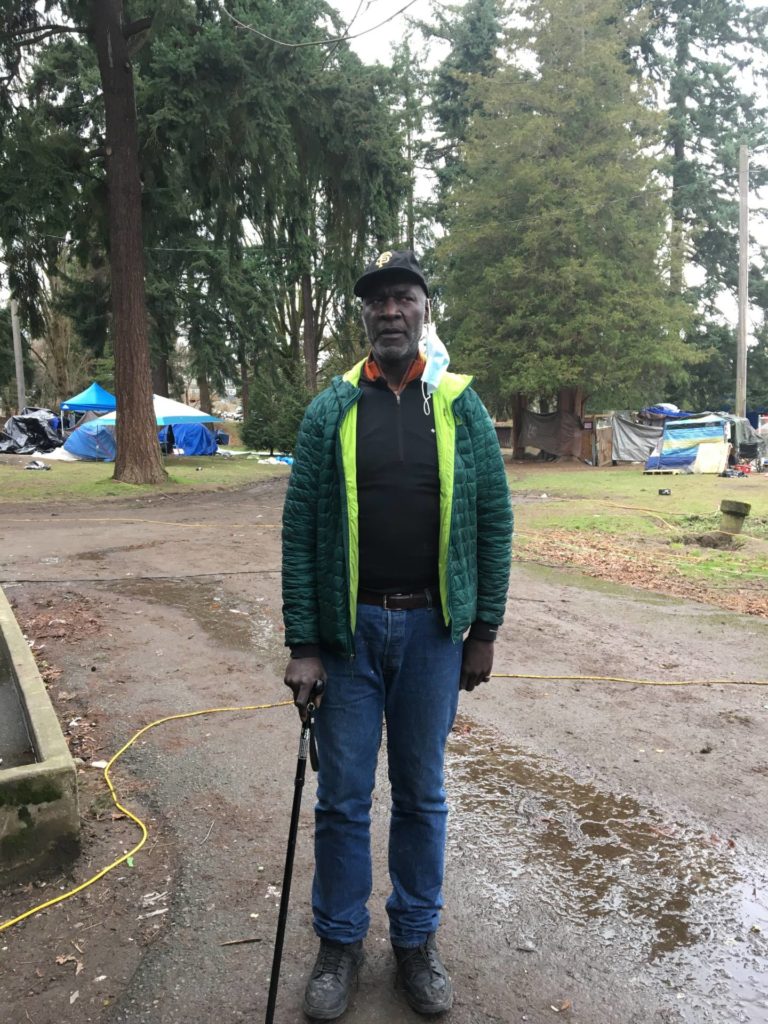
“In addition,” Wilson said, “it helps me to stay grounded and focused on the actual people and not the institution or the prospects. I spent six years working in direct service homelessness; some of the people who now work for and work with the Coalition, I remember when they were experiencing homelessness. It demonstrates to me that wonderful things can happen when people pull together in the name of something that’s greater than themselves.”
About six months ago, LEC lent its input about the City of Seattle’s construction of tiny house villages–groups of small shelters for people experiencing homelessness— following inquiries from the press and community partners. LEC, in response, issued a press release stating, “As a coalition representing hundreds of members, many of whom continue to reside in tiny home villages, we must be clear that tiny homes do not end anyone’s experience of homelessness and, as currently constituted, they are not meeting the needs of the people staying there.
“Additionally,” the press release stated, “home villages for those experiencing homelessness do not meet federal human habitability standards and are in fact sheds rather than tiny homes. For better or for worse, the many people warehoused there in dehumanizing conditions and lack of services still make it home. This speaks to the strength and resiliency of the human spirit to create a home out of any situation for their loved ones even if that is a car, a tent, or a tiny shed. We must ask ourselves, how does such a system harm the individuals and families living there?”
The press release also included images and voices of people that have lived in tiny houses for at least two years. Odom said that, after the release was published by local outlets, everyone mentioned in the release received apartment vouchers the next day and were able to leave the tiny houses.
“Why did it take an article to get things going? Why did it take an article to revamp some of the houses that have been there for four years?” Odom said. “Everything is being brought up to code. Kitchens are being put in and pathways are being put in. People want housing, and they want to be treated like humans, not like cattle.”

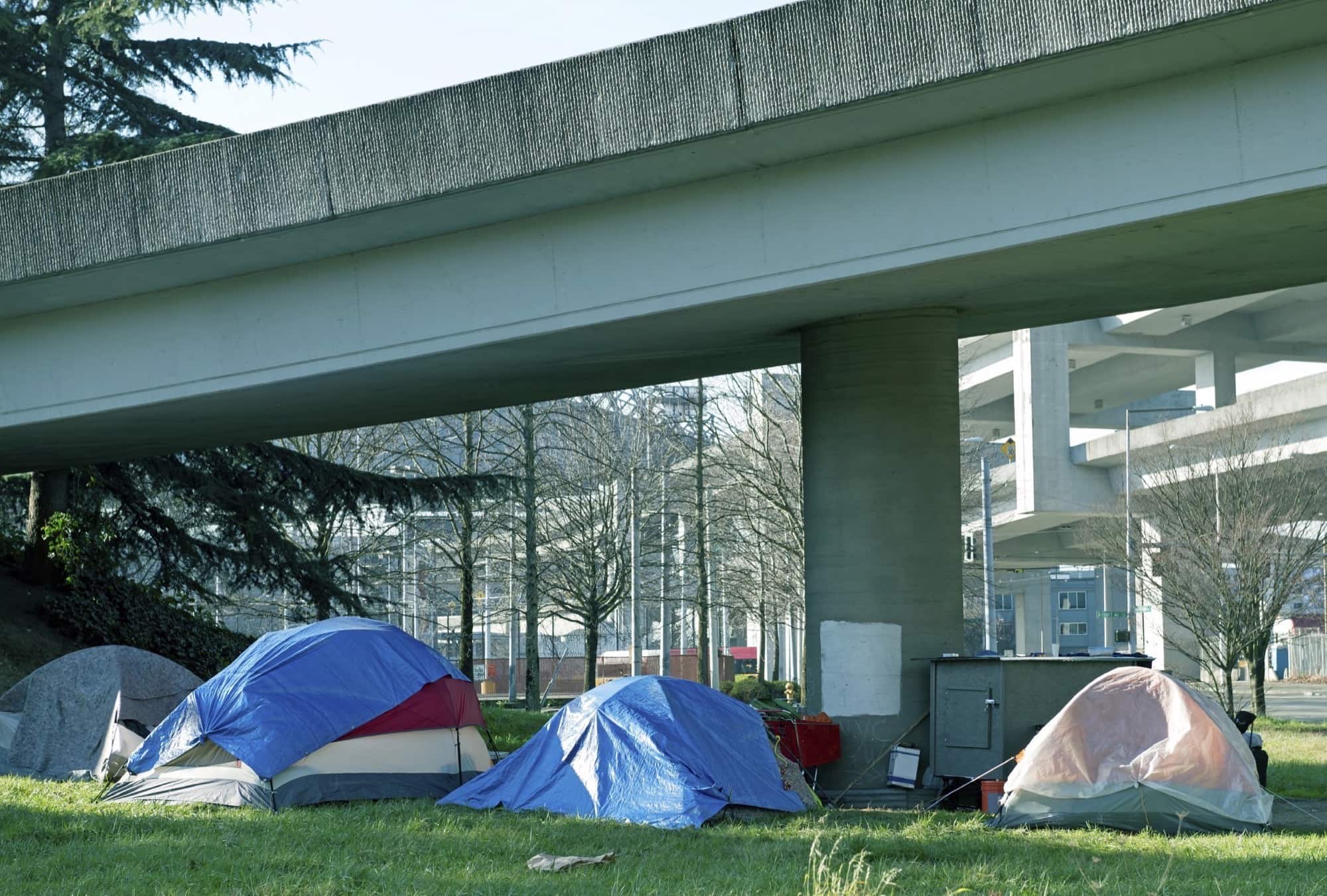
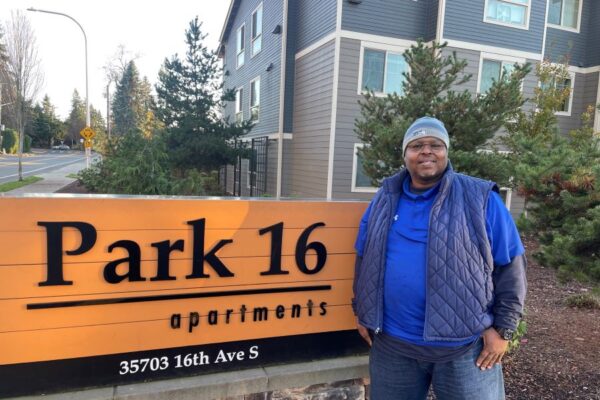
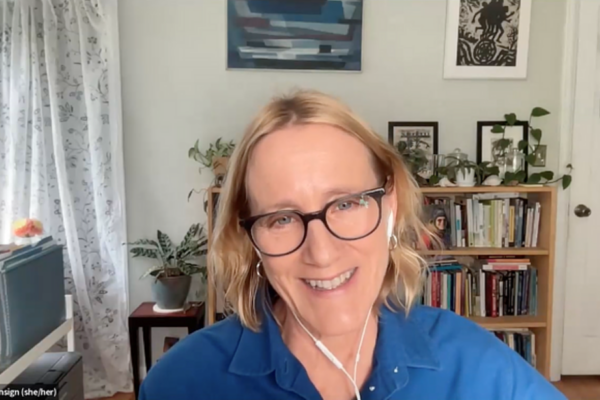
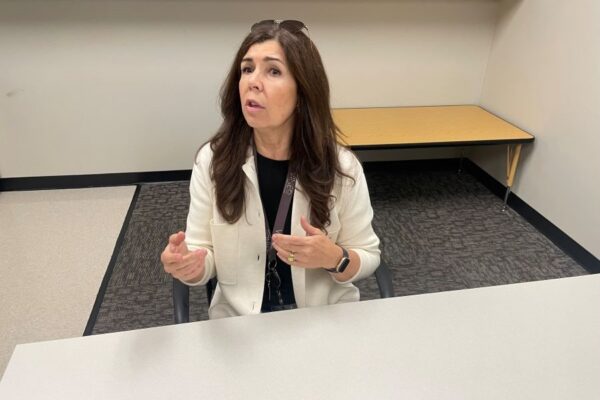
Comments